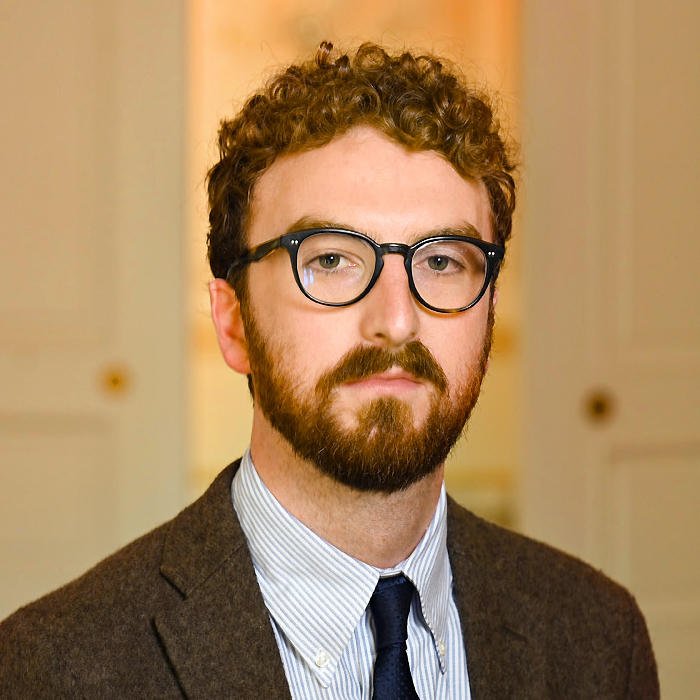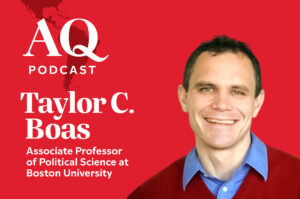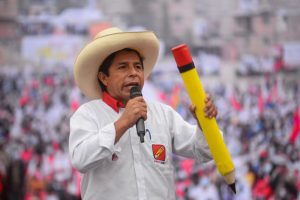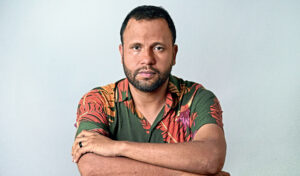This article is adapted from AQ’s special report on Uruguay
The rise of evangelical Protestantism represents one of the starkest shifts in Latin American society over the past 40 years—and the effects on the region’s politics have been hard to miss. Evangelical groups have helped make issues of gender, sexuality and abortion into hotly debated topics in Chile, Peru, Brazil and elsewhere.
But, as a new book by Boston University professor Taylor Boas notes, evangelicals’ strength in electoral politics hasn’t been equal across the board in the region, even adjusting for the relative size of the Protestant flock in different countries. It’s well known that Brazil boasts a robust and powerful evangelical caucus in the legislature, reaching upwards of 20% of seats, while Chile’s is smaller, at around 5% of seats, and Peru’s has fluctuated.
Why is this? As the historical decline of Catholicism continues, and as Protestantism continues to win gains, what makes evangelicalism translate into political success is a crucial question to grasp the contours of a changing Latin America.
For Boas, “The most important factor in explaining evangelicals’ political representation is the degree to which their religious identity has been politicized by threats to their interests and worldview.” And that depends on the history of Latin American religious politics. In countries like Brazil, fears that the Catholic Church would seek special legal privileges led evangelicals to get involved in politics to ensure they wouldn’t be treated unfairly. In Chile, on the other hand, there wasn’t any moment of fear that the Catholic Church would demand special treatment—so there wasn’t any corresponding evangelical mobilization, the author says.
That had consequences when culture-war issues hit public opinion, determining whether Catholics or Protestants were better placed to take the lead. In Chile, Catholic politicians dominate the traditional right-wing parties and have had little trouble leading the charge on abortion and LGBTQ issues. But in Brazil, Boas argues, evangelicals had already beefed up their representation waiting for a battle with Catholics that never came—so they were in a better position.
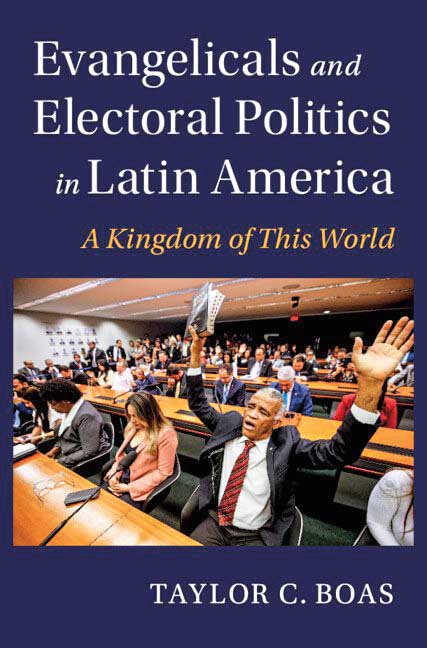
Evangelicals and Electoral Politics in Latin America: A Kingdom of This World
By Taylor C. Boas
Cambridge University Press
Hardcover
315 pages
Other cases are more complicated. In Peru, evangelical politicians have been fatefully linked to fujimorismo—their representation in Congress rises when the movement does well, and falls when it does badly. Evangelical groups are split over ties to fujimorismo, which has hampered their ability to produce leaders. Instead, it’s been right-wing Catholic figures, like recently elected Lima mayor Rafael López Aliaga, who have risen to the fore. And in Guatemala, where the evangelical population, at 40%, is higher than in Brazil, Chile or Peru, conservatives dominate all branches of government. That provides few progressive initiatives on sexuality politics and few opportunities for evangelical counter-mobilization, meaning evangelicalism doesn’t generate a distinct political bloc, Boas argues. A glance at Guatemala’s politics today shows candidates trying to outdo one another with displays of their conservative bona fides.
Boas’s argument is persuasive, but his analysis doesn’t focus on what seems like a crucial question: Why, with a few exceptions, are evangelical politics conservative in the first place? The book provides one hint in its description of how, at the beginning of the 20th century, Protestant groups in Latin America were strongly affected by the social gospel movement—which sought to make the condition of working and poor people better, in order to prepare the world for the return of Jesus Christ. But the Cold War brought an emphasis on anticommunism, and things took a more conservative direction in the 1980s.
Understanding the conservative shift in evangelical politics might require going beyond the book’s focus on electoral politics, as opposed to broader trends in economy and society. As much of Latin America has experienced deindustrialization in recent decades, with working classes becoming weaker and less politically organized, it makes sense that the focus on social equality among evangelical groups has faded—creating opportunity for issues of sexual morality to dominate the political activity of evangelical churches.

